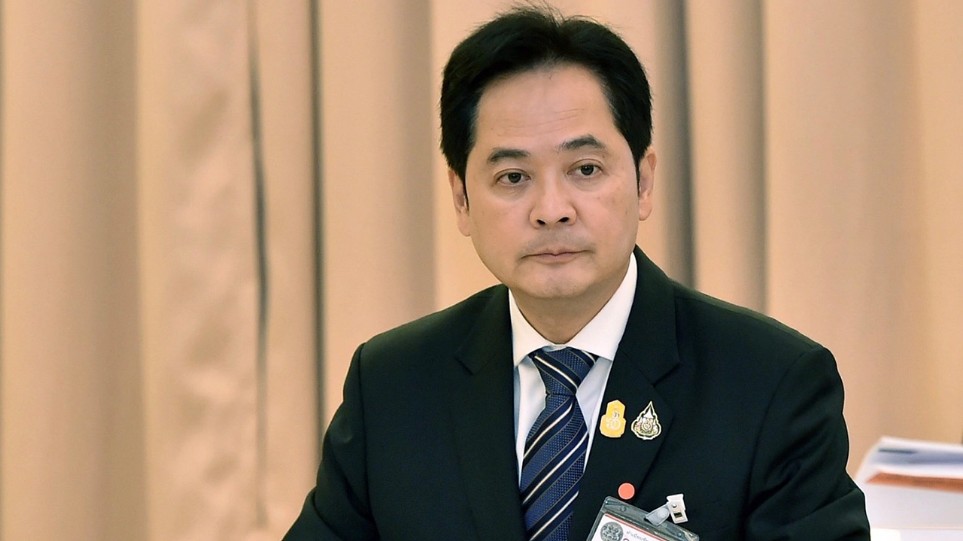
Mr. Anucha Burapachaisri government spokesperson disclosed that regarding the Press Briefing given by the Spokesperson for the UN High Commissioner for Human Rights in Geneva (18 December 2020), coordination has been made with the Ministry of Foreign Affairs and would like to clarify as follows:
1. Thailand’s lèse majesté law is not aimed at curbing people’s rights to freedom of expression nor the legitimate exercise of academic freedom or debates about the monarchy as an institution. This law, in various forms, exists in many countries around the world and Thailand, it gives protection to the rights or reputations of the King, Queen and the Heir-apparent, or the Regent in a similar way that libel law does for any Thai citizen.
2. This has been the verdict in most cases having to do with the lesè majesté provision of Thailand’s Criminal Code. But in the case that proceedings on lèse majesté are carried out, they are done so in accordance with due process, with many cases having received Royal pardon.
3. Regarding the recent move to charge a 16-year-old protestor under Article 112 of the Criminal Code, the case was presented to the Juvenile Court. Furthermore, as the Spokesperson for the UN High Commissioner for Human Rights rightfully informed the press briefing, this court denied the request for a detention order and granted conditional bail instead.
4. Once again, it bears repeating that in the past couple of months, protestors have not been arrested solely for the exercise of the right to freedom of expression and peaceful assembly. Those arrested had violated other Thai laws and admittedly the majority have been released.
Mr. Anucha also added that the government has not prevented or blocked any freedom of speech while upholding the right to freedom of expression, assembly, peaceful protests and gatherings, which is a fundamental norm for a democratic system. However, the exercising of such rights must be done within the laws, and should not violate or encroach upon the rights and freedoms of other citizens to the extent of affecting peacefulness in society or national security.
The government supports freedom of expression that is constructive and beneficial for society, rather than defamatory or offensive remarks that convey hatred and violate the rights of other citizens. The government also supports the constructive exchange of viewpoints, particularly the respect for differences of opinion.
Currently, police officials have accommodated peaceful gatherings and demonstrations, and have refrained from the use of force at all levels in order to maintain peacefulness and public safety at the protest venues. Charges levied against certain demonstrators have been issued in accordance to existing laws and without prejudice, while the accused are able to defend their cases within the judicial system. The basic human rights of protestors who have been charged will be respected and upheld in accordance with Thailand’s Constitution and all relating laws, which are consistent with international standards and Thailand’s international obligations in the area of human rights. (thaigov.go.th)





